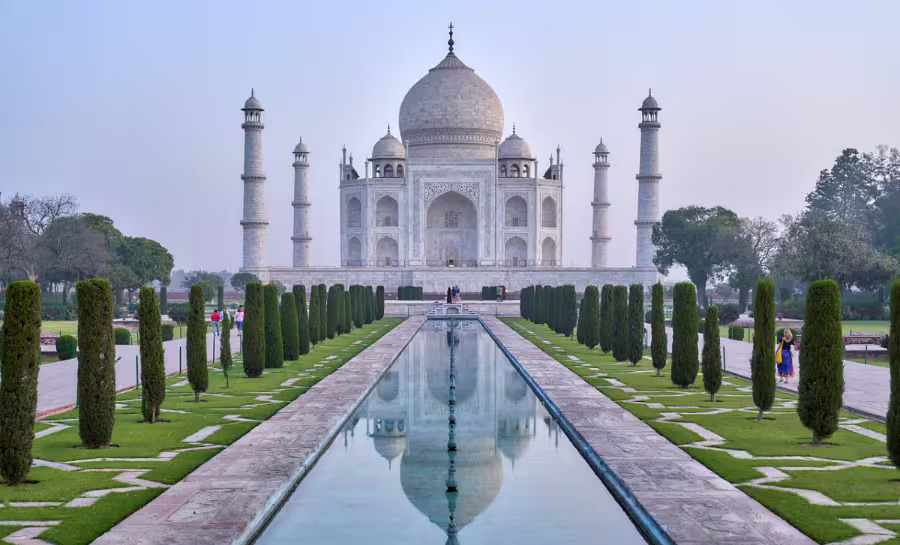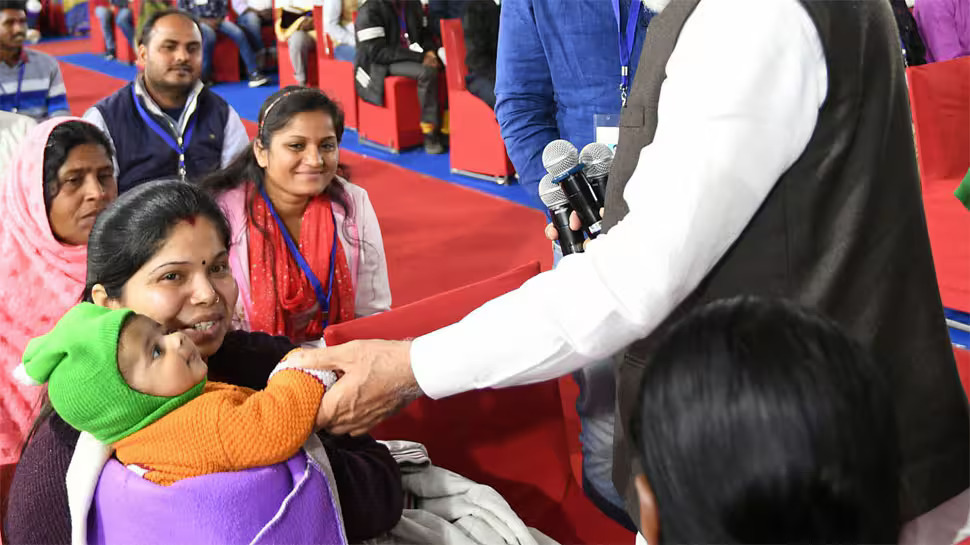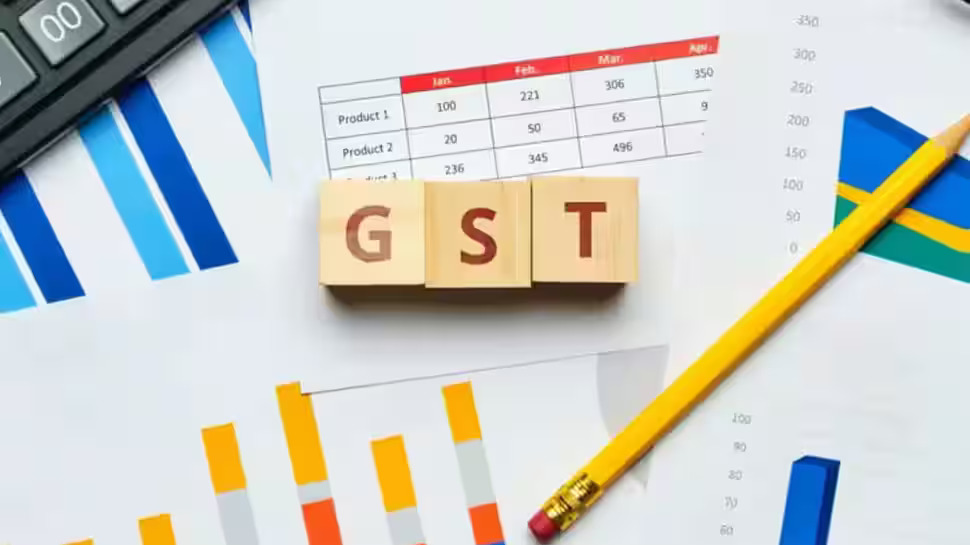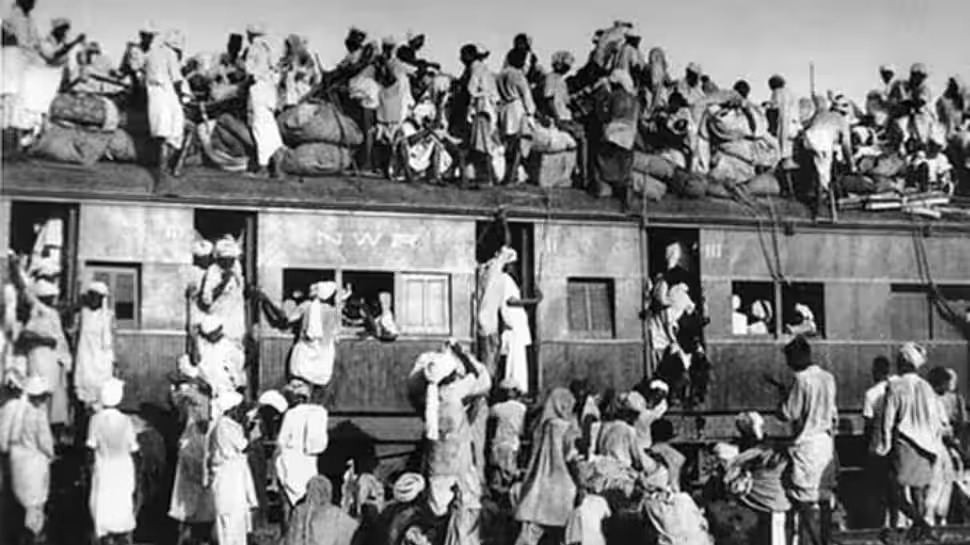Breaking News :
Bangladesh Interim Government Approves Madrasas in Rented Houses
.jpeg)
- Jagmeet Singh
- 16 Sep, 2025
The Bangladesh Interim Government has announced a major policy shift allowing the establishment and recognition of Dakhil and Alim Madrasas in rented houses across city corporations, industrial hubs, and municipal areas.
The Bangladesh Madrasa Education Board recently introduced the “Private Madrasa (Dakhil and Alim) Establishment, Teaching and Academic Recognition Policy-2025,” which amends the 1997 framework governing private educational institutions.
Under the revised rules, madrasas can now operate from rented premises with a minimum six-year lease agreement and a bank deposit of at least five lakh taka. These institutions may be run by individuals, trusts, NGOs, foundations, or charities.
Madrasa Education Board Chairman Professor Mia Md. Nurul Haque explained that many private madrasas previously conducted exams under the name of recognized institutions. With this approval, they will now be able to conduct exams independently.
Key Provisions:
Minimum population requirement: 10,000 for Dakhil Madrasas and 40,000 for Alim Madrasas.
Distance criteria: 1 km for Dakhil and 2 km for Alim in urban areas; extended distances in rural areas.
Minimum student enrollment per class: 25 for co-educational Dakhil, 20 for girls’ Dakhil, 30 for co-educational Alim, 25 for girls’ Alim.
Conditions can be relaxed for disadvantaged or geographically difficult regions.
Concerns Raised
While the policy is being hailed as inclusive, progressive, cultural, and minority groups have expressed concerns. Critics argue that the move could strengthen the influence of Jamaat-e-Islami, which has long advocated for an Islamic state under Khilafat law.
Analysts warn that widespread madrasa expansion could reduce enrollment in mainstream schools, increase radicalization risks, and create insecurity among Bangladesh’s 5% minority population, particularly Hindus.
The development has sparked debate over whether this recognition is purely educational reform or part of a broader political-religious strategy in Bangladesh.
Leave a Reply
Your email address will not be published. Required fields are marked *







.jpg)
 (1).jpeg)
.jpeg)